Articles
Written by Dr Anthony Carew
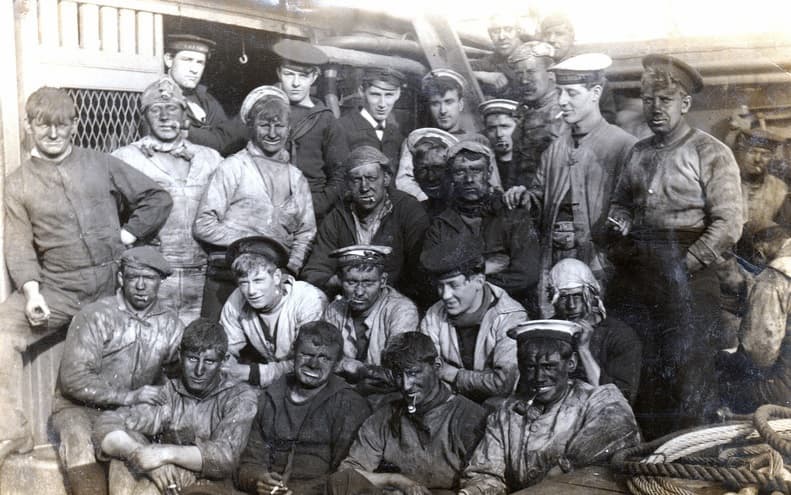
The Stoker, the Gunnery Lieutenant and Issues of Naval Discipline around the 1906 Portsmouth Barracks Mutiny
On a summer’s day in 1933, a man in his fifties - down on his luck and ‘on the tramp’ in search of work - knocked on the door of an upmarket Regency terraced dwelling in West London barely a stone’s throw from Kensington Palace. He was a former naval rating. Whether or not he’d been tipped off locally that this was the home of a naval officer and so a possible ‘soft touch’, his pitch on the doorstep was the ...
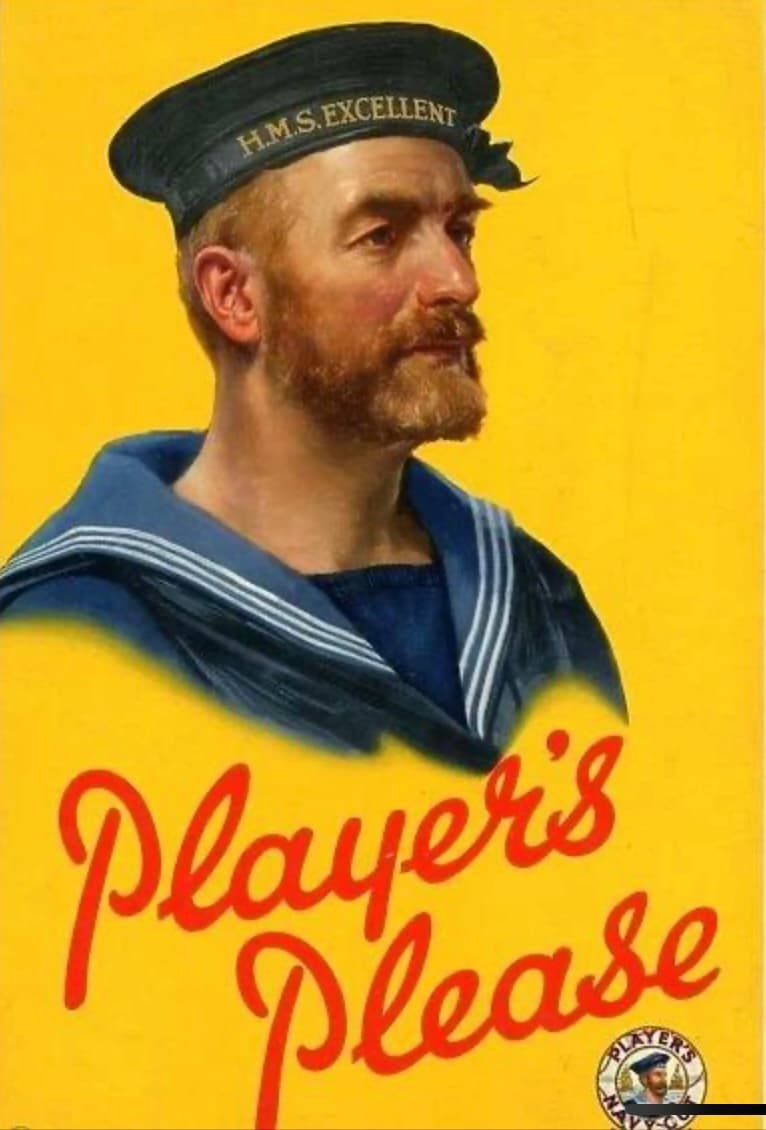
Sustaining the Lower Deck
Tobacco (and Jam)
Tobacco had a long identification with the Royal Navy’s lower deck in public perception. Indeed the Nottingham tobacco firm John Player built its substantial business on the image of the rating as a smoker of ‘Navy Cut’....
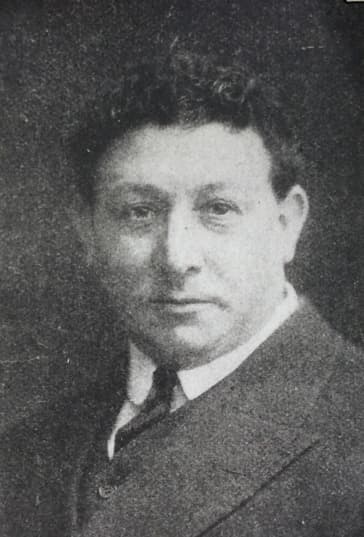
Lionel Yexley (1862-1933)
The naval reformer and journalist, Lionel Yexley, was born James Woods in Stratford Essex, one of two children of James Woods a journeyman bootmaker and his wife, Mary, nee Yexley. He was educated at the Boys British School, Stratford. Against his parents’ wishes, aged sixteen he joined the navy as a boy seaman. Over the next twelve years he served in the Persian Gulf, East Indies and Mediterranean, rising in 1890 to petty officer second-class ...
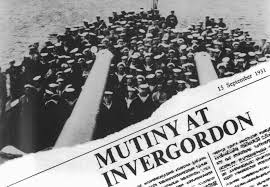
The Invergordon Mutiny – thoughts on its past treatment
I would like to offer some observations on the treatment (or lack of it) of the naval mutiny at Invergordon in Chapter 5, Comintern Work in the Western Armed Forces in the 1930s (Revolutionary History, Volume 8, no. 2). This chapter uses Invergordon as a peg on which to introduce the Comintern programme, but its two short paragraphs that deal with the mutiny contain two important errors that are likely to mislead the unsuspecting ...
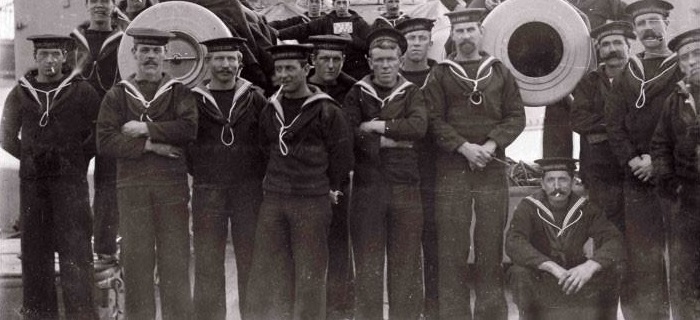
Collective Organisation in the Armed Forces: the Case of the Lower Deck of the Royal Navy, 1900-1925
Labour and military historians have left unexplored the occasional attempts by other ranks in the armed services to establish the right to collective representation. Yet in the Royal Navy at least collective organisation of ratings in a primitive form of trade unionism and efforts to win recognition from the authorities were significant factors in lower-deck life in the first quarter of the last century. (1) The organisational base for this reform movement was a collection of lower-deck death benefit societies which first emerged in the last quarter of the nineteenth ...

Tribute to John Saville (1916-2009)
When I graduated, Saville encouraged me to take a research position with the Canadian labour movement. Years later, when I moved back to Britain, he gave further encouragement to my work in the academic field, first at the University of Sussex and then at the University of Manchester Institute of Science and Technology. It was a proud moment for me when I appeared on the same panel at the North American Labour History Conference in 1995. So I owe a great deal to him and to ...

Tribute to Walter Kendall (1926–2003)
I first became aware of Walter Kendall, the editor of Voice of the Unions and member of the executive committee of the Institute for Workers’ Control, when I was living in Ottawa and working for the Canadian labour movement. He was then a Research Fellow in the Centre for Contemporary European Studies at Sussex University. When I registered for post-graduate work at Sussex, he took an interest in my research for an M Phil on rank and file movements and workers’ control in the British engineering industry ...



 Share on
Facebook
Share on
Facebook Share on Twitter
Share on Twitter Share on
LinkedIn
Share on
LinkedIn Share on
WhatsApp
Share on
WhatsApp Copy
link
Copy
link
